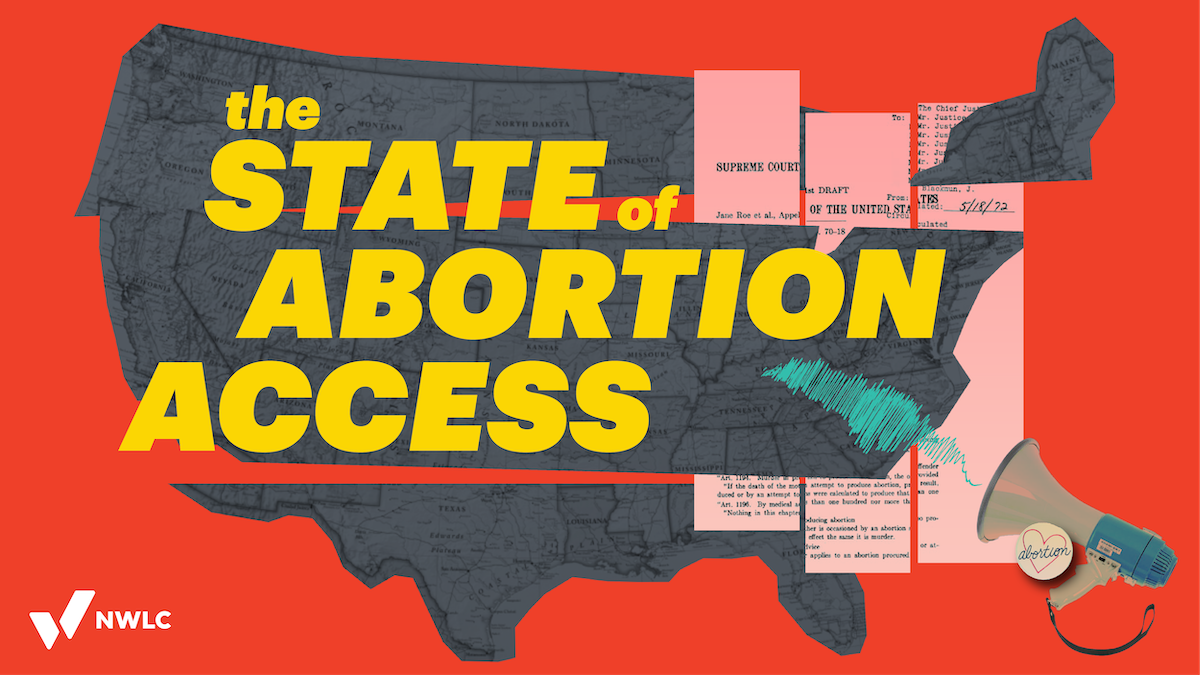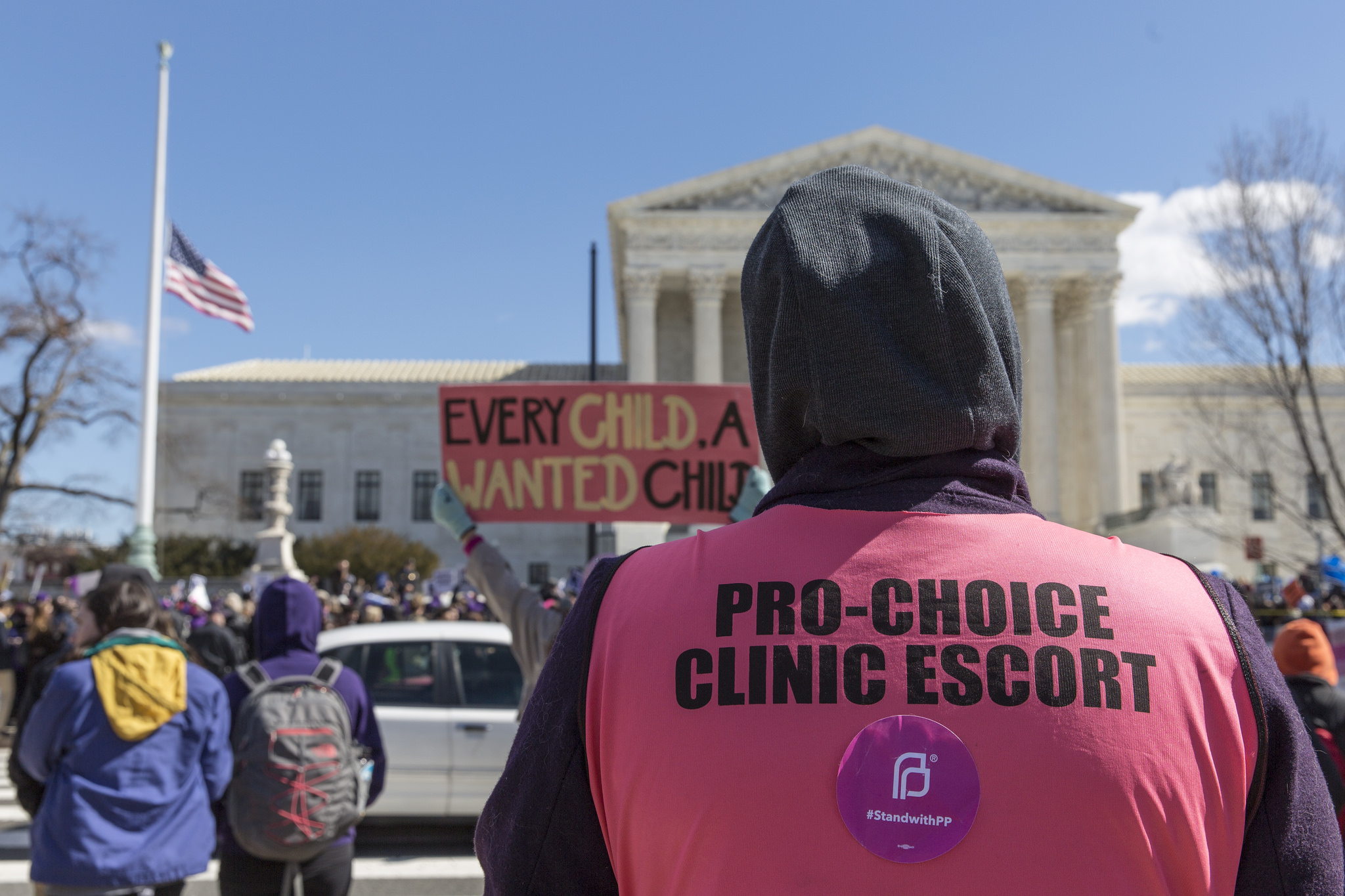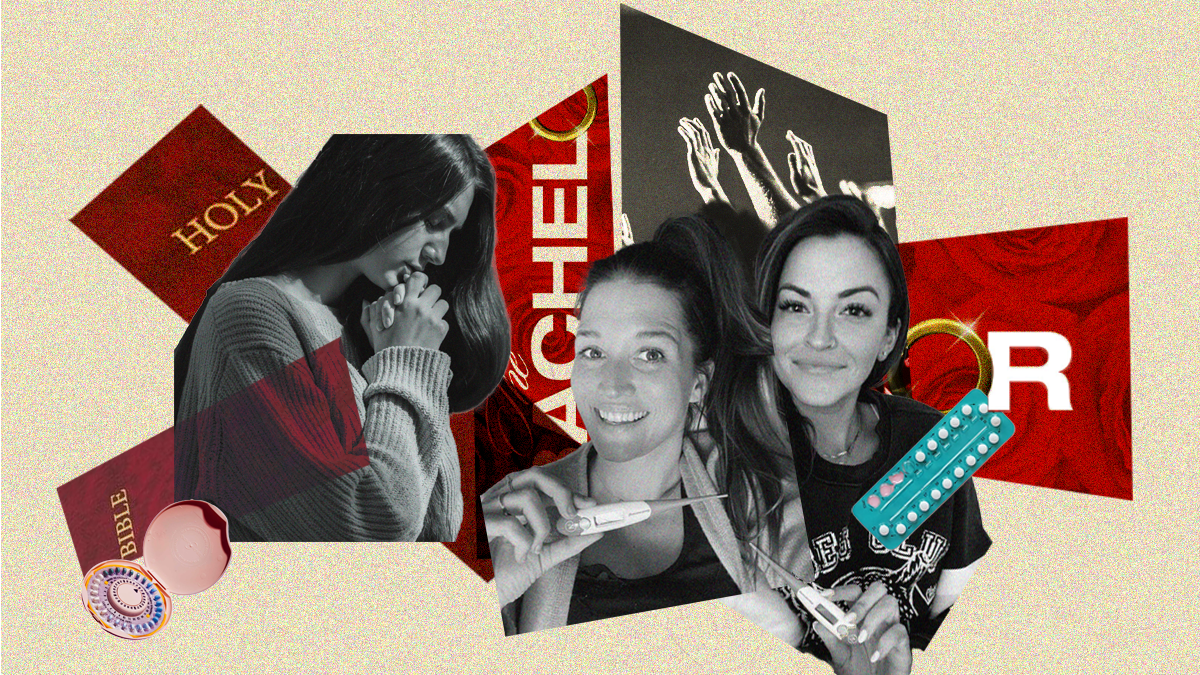Abortion rights, women of color, and LGBTQIA+ people are under attack. Pledge to join us in fighting for gender justice.
Abortion and Pop Culture: Where Are We Now?
Abortion features prominently in some of the most iconic movies and television of our times – Dirty Dancing, Sex and the City, and Fast Times at Ridgemont High. Sadly, there were also a lot of shows where abortion and the women who received them were demonized – like the dreaded “abortion is only for ‘bad’ teen girls” plotline. And, there were even more where abortion was so taboo that it was entirely ignored – if character who got pregnant didn’t want to be, there’d be no discussion about abortion at all. Recently, however, there has been a resurgence of films and TV shows taking a very straightforward and non-judgmental approach to women getting abortions.
 In recent years, we’ve seen depictions start to demonstrate the complexity of abortion and the people who seek it. Here are some of my personal favorites:
In recent years, we’ve seen depictions start to demonstrate the complexity of abortion and the people who seek it. Here are some of my personal favorites:
House of Cards
If you’re like me, you binge-watch the hit Netflix show about scheming politician Frank Underwood and his wife Claire as soon as it’s released. That being said, you may forget some details in your coffee-fueled marathon fury. One thing you can’t forget: Claire’s revelation in a TV interview that she had an abortion in the past. While the audience later learns that Claire has had three abortions, she refuses to let anyone make her feel shame about any of them, or let political opponents paint her as evil and cold for having them. You can say many things about Claire Underwood, but you can’t deny her strength of will. Many women find themselves shamed by others for their decisions, but not Claire. She knows her rights.
Obvious Child
This 2014 romantic comedy directed by Gillian Robespierre and starring Jenny Slate follows an aspiring stand-up comedian, who becomes pregnant after a one night stand and has an abortion. We follow Donna as she navigates her relationship with her ex, her roommate, and the man she slept with. She struggles to find her place as a comedian who brings her own personal stories to her routines. What is so remarkable about Obvious Child is that it is a story about abortion. It feels normal. It’s funny and fresh and doesn’t tiptoe around the subject, which we don’t get to see often.
Scandal
(Spoilers for the Scandal mid-season finale!)
The last Scandal episode of the year was bookended by issues of reproductive rights. Senator Mellie Grant, former First Lady, gave a sixteen-hour-long filibuster to defend funding for Planned Parenthood. The entire episode is one long allegory for bodily autonomy – Olivia leaves the White House and moves back into her old apartment. But before she buys herself a new couch for a new chapter in her life, she has an abortion.
The sequence is handled well, portraying a comfortable and safe procedure with no bickering about the morality of the situation. Olivia Pope is a woman who makes decisions for herself, about everything from where she lives to what she wears to what she does with her reproductive health. Scandal had one of the most honest and straightforward depictions of abortion I can remember ever seeing – woman has abortion, woman goes home, woman goes on with her life.
(End of spoilers)
Of course, these shows and movies are examples in which women decide to have an abortion. There are plenty of examples where the woman opts not to have an abortion for one reason or another. But this is still an important decision – parenthood is a choice as much as abortion is.
In the new, refreshing stories we’re seeing, characters talk about abortions, have abortions, decide to not have abortions, reflect on their abortions, or feel relieved that they had abortions – just like real people do. Showing and talking about abortion, taking away its taboo status once and for all, means that we can normalize this legal and safe procedure that we know 1 in 3 women will experience. No two experiences will be the same, so sharing how different people make their decisions is important. Since our society sees itself reflected in our media, we need to show women on TV getting abortions.
Most of the American public supports abortion, and 1 in 3 women in their lifetimes will have an abortion. We’re not talking about anything wild or outlandish here. And that’s the very point.




